Hamas and Hezbollah strikes: what does it mean for Israel?
Iran vows revenge for death of Hamas political leader in Tehran, hours after Israeli strike kills top Hezbollah member in Beirut
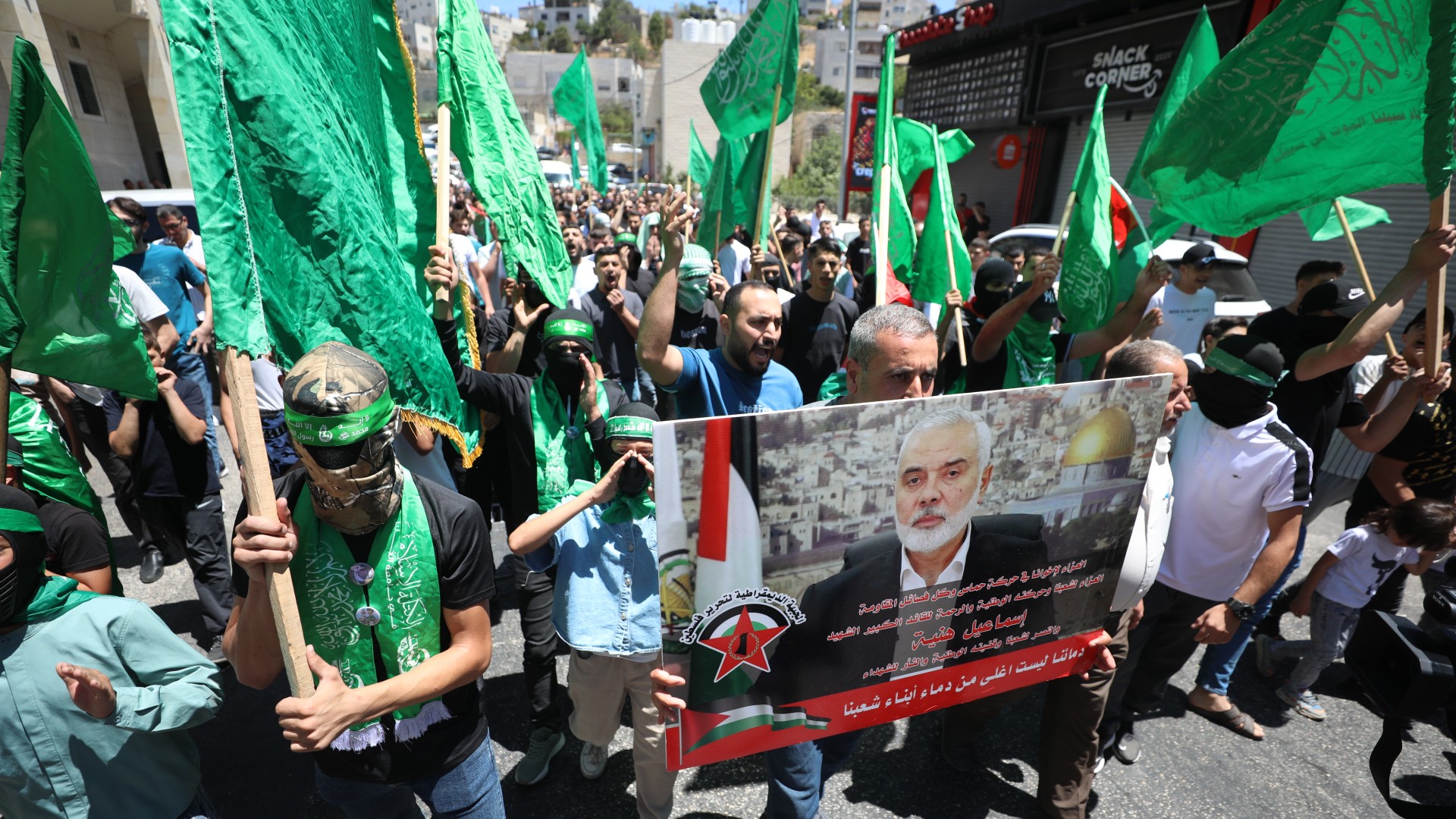
A free daily email with the biggest news stories of the day – and the best features from TheWeek.com
You are now subscribed
Your newsletter sign-up was successful
Iran has vowed revenge on Israel after the political leader of Hamas, one of its key regional proxies, died in a rocket strike in Tehran today.
Ismail Haniyeh, one of the most senior Hamas members, was killed in a "treacherous Zionist raid", said the militant group. Haniyeh was in the Iranian capital for the inauguration of the new president Masoud Pezeshkian – who has vowed to make Israel "regret its cowardly action". Israel will face a "harsh and painful response", Iran's Revolutionary Guard Corps (IRGC) said in a statement.
Israel hasn't acknowledged the strike but had vowed to kill Haniyeh and other Hamas figures after the 7 October massacres. Israel did, however, claim responsibility for killing senior Hezbollah commander Fuad Shukur in Beirut a few hours earlier. The "precision strike" in the Lebanese capital was in retaliation for the rocket attack on Saturday, attributed to Hezbollah, that killed 12 people, including children, in occupied Israeli territory. The two deaths of leaders from Iran's key proxies – one on Iranian soil – threatens to ignite the tinderbox of tensions between the long-time foes.
The Week
Escape your echo chamber. Get the facts behind the news, plus analysis from multiple perspectives.

Sign up for The Week's Free Newsletters
From our morning news briefing to a weekly Good News Newsletter, get the best of The Week delivered directly to your inbox.
From our morning news briefing to a weekly Good News Newsletter, get the best of The Week delivered directly to your inbox.
"You killed our dear guest in our house and now have paved the way for your harsh punishment," said Supreme Leader Ayatollah Ali Khamenei. "We consider it our duty to ask for the blood of our dear guest."
What did the commentators say?
Israel may never acknowledge the strike, but "everyone assumes" this was an Israeli operation, said the BBC's Paul Adams in Jerusalem. As such, Israel will face "political consequences".
The "most obvious" is that Haniyeh's death will "damage" efforts to negotiate a ceasefire in Gaza, and imperil the return of the remaining Israeli hostages. Haniyeh was a "critical interlocutor" in the negotiations. Now, it is "extremely hard" to see how progress can be made.
"How can mediation succeed when one party assassinates the negotiator on other side?" said Mohammed bin Abdulrahman Al-Thani, the prime minister of Qatar, the site of Hamas' political bureau. A key mediator, he wrote "Peace needs serious partners & a global stance against the disregard for human life," on X.
A free daily email with the biggest news stories of the day – and the best features from TheWeek.com
Internationally, Israel is facing further widespread condemnation. Turkey's Recep Tayyip Erdogan called it a "treacherous assassination" and "Zionist barbarism". Russia's foreign ministry warned of "dangerous consequences for the entire region", with the deputy foreign minister calling it an "absolutely unacceptable political murder". China also firmly condemned the "assassination".
Israel's most important ally, the US, has not yet commented, but defence secretary Lloyd Austin said "we're going to do everything we can to keep things from turning into a broader conflict in the region".
Domestically, however, the two deaths may present a tactical victory for Benjamin Netanyahu, who is fighting for his political survival amid increasing pressure from far-right ministers. Dozens of protesters – and a few conservative members of the Knesset – stormed a detention centre in Israel on Monday, in a show of support for soldiers accused of mistreating a Palestinian prisoner. The Sde Teiman base had become a "symbol of the war" between Israel and Hamas, said The Jerusalem Post; the riot was "disastrous".
But all eyes will be on Iran's response to both strikes. Hezbollah is Iran's "mightiest ally", said The Times' Middle East correspondent Samer Al-Atrush. Tehran is the capital of Iran's "axis of resistance", which includes Hamas, Hezbollah and Yemen's Houthi rebels. They had "all converged" in the city for Pezeshkian's inauguration. Haniyeh's assassination in Tehran is a "deep embarrassment" to Iran, which "nearly went to war with Israel" after an airstrike killed its top commander in Syria in April.
What next?
Palestinian factions in the Israeli-occupied West Bank have called for a general strike and protests today. Haniyeh's funeral will be held in Tehran tomorrow before his body is transferred to Qatar for burial on Friday. Iran will observe three days of public mourning, according to the state-run IRNA news agency.
The "unprecedented" deaths have "totally changed the dynamic" between Iran-backed proxies and Israel, said Firas Maksad, senior fellow and senior director for strategic outreach at the Middle East Institute. There's a "great possibility" of an "orchestrated region-wide campaign" by Iran's militias and "maybe even Tehran itself in a direct response on Israel", Maksad told CNN.
But Iran's options for response are "limited and none of them are great", said CNN. Israel has demonstrated an "extraordinary capability" to assassinate senior figures of Iranian proxies. "Yet still, red lines were again crossed, and another rung on the ladder of escalation has been climbed."
Harriet Marsden is a senior staff writer and podcast panellist for The Week, covering world news and writing the weekly Global Digest newsletter. Before joining the site in 2023, she was a freelance journalist for seven years, working for The Guardian, The Times and The Independent among others, and regularly appearing on radio shows. In 2021, she was awarded the “journalist-at-large” fellowship by the Local Trust charity, and spent a year travelling independently to some of England’s most deprived areas to write about community activism. She has a master’s in international journalism from City University, and has also worked in Bolivia, Colombia and Spain.
-
 What are the best investments for beginners?
What are the best investments for beginners?The Explainer Stocks and ETFs and bonds, oh my
-
 What to know before filing your own taxes for the first time
What to know before filing your own taxes for the first timethe explainer Tackle this financial milestone with confidence
-
 The biggest box office flops of the 21st century
The biggest box office flops of the 21st centuryin depth Unnecessary remakes and turgid, expensive CGI-fests highlight this list of these most notorious box-office losers
-
 What is ‘Arctic Sentry’ and will it deter Russia and China?
What is ‘Arctic Sentry’ and will it deter Russia and China?Today’s Big Question Nato considers joint operation and intelligence sharing in Arctic region, in face of Trump’s threats to seize Greenland for ‘protection’
-
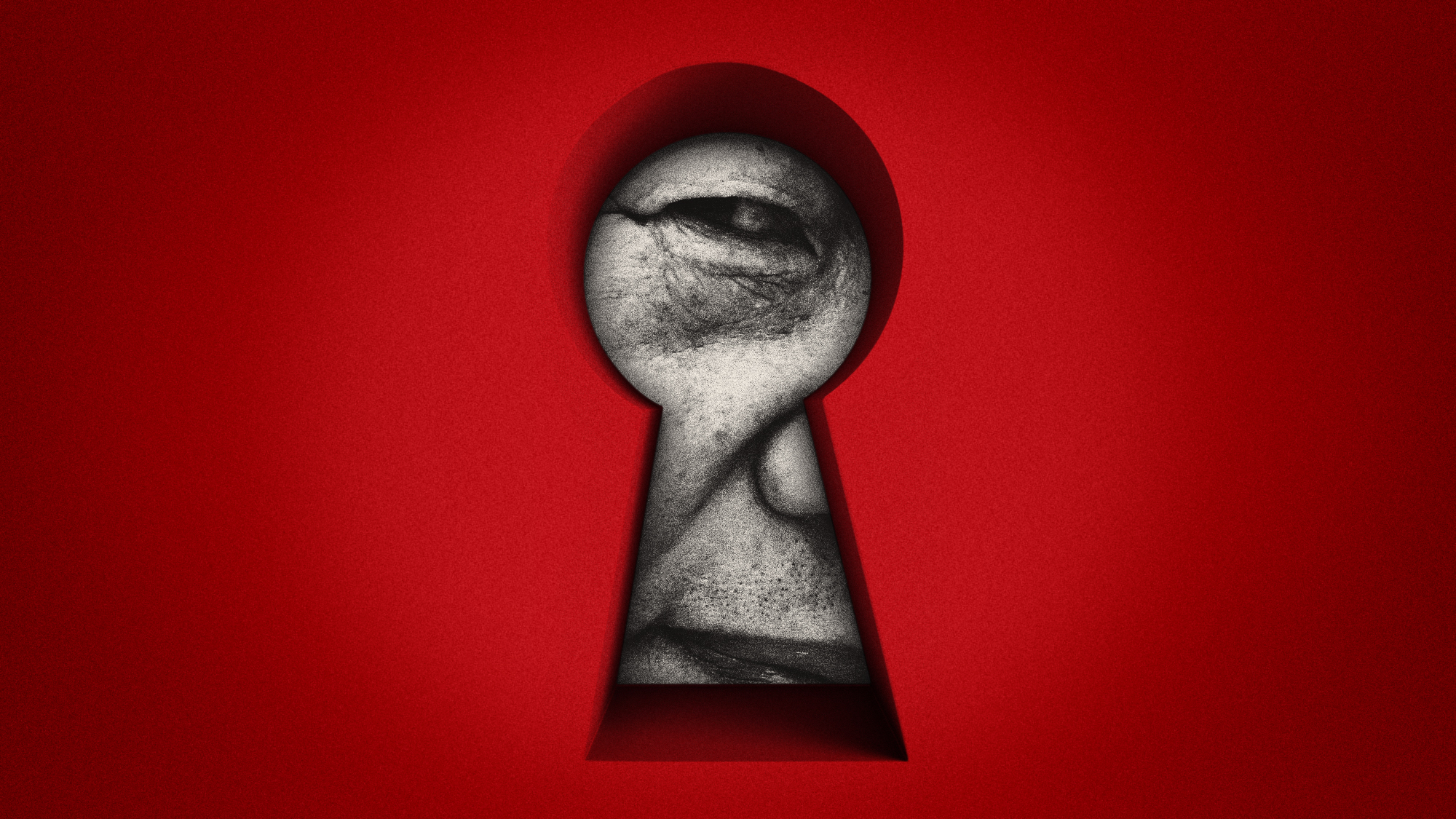 Is the Chinese embassy a national security risk?
Is the Chinese embassy a national security risk?Today’s Big Question Keir Starmer set to approve London super-complex, despite objections from MPs and security experts
-
 Vladimir Putin’s ‘nuclear tsunami’ missile
Vladimir Putin’s ‘nuclear tsunami’ missileThe Explainer Russian president has boasted that there is no way to intercept the new weapon
-
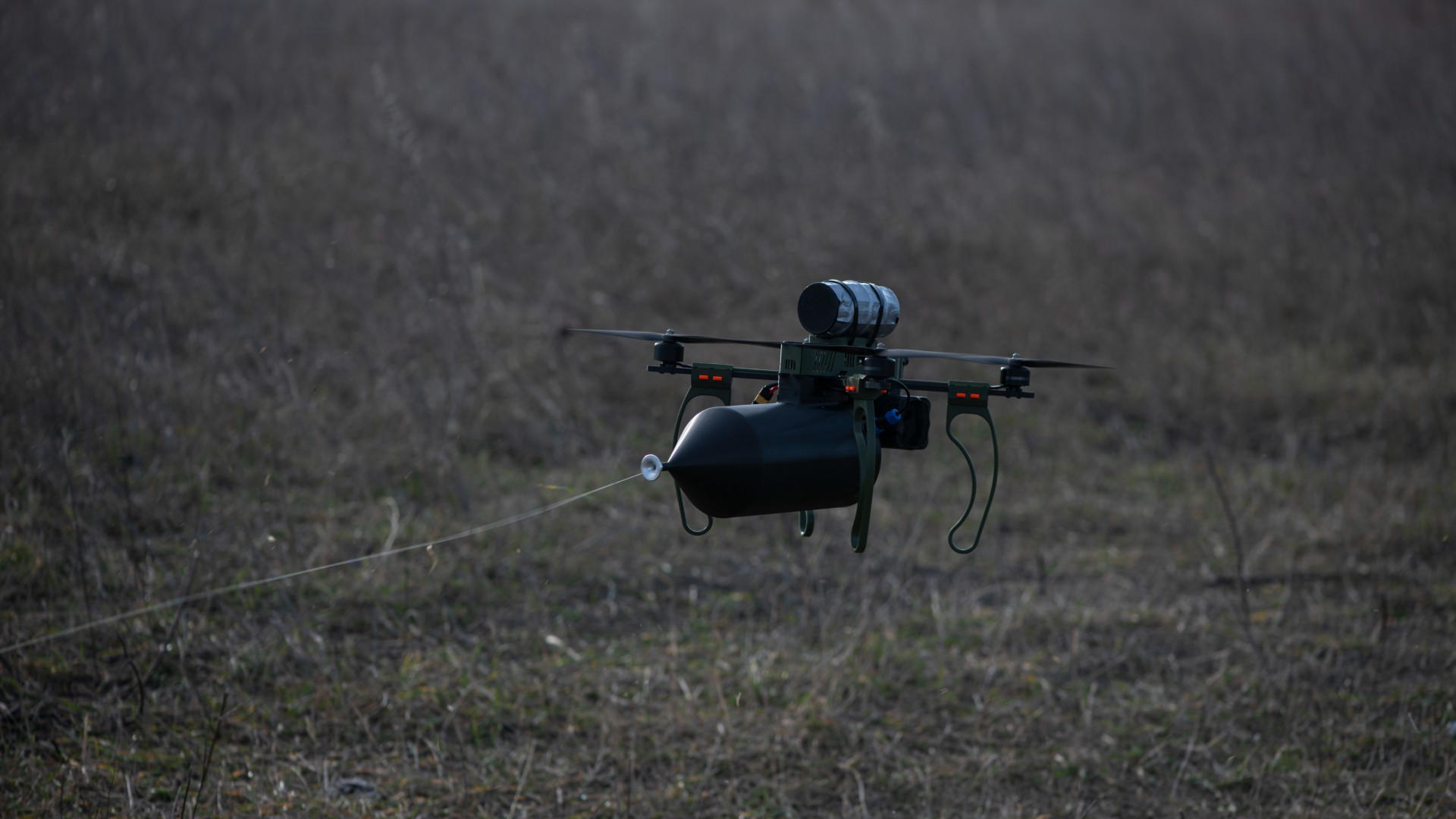 How drone warfare works
How drone warfare worksThe Explainer From Ukraine to Iran, it has become clear that unmanned aircraft are rapidly revolutionising modern warfare
-
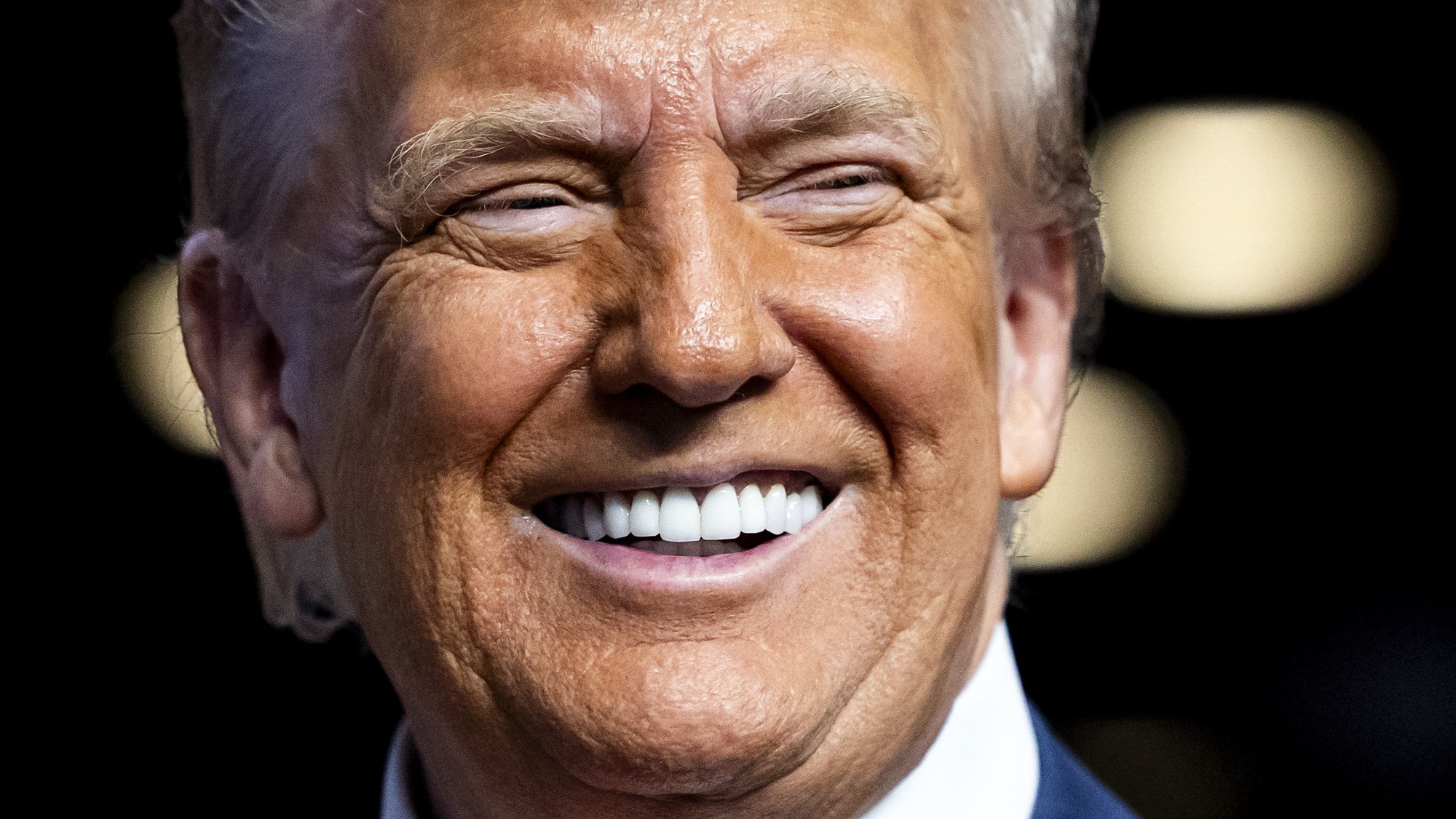 How long can Nato keep Donald Trump happy?
How long can Nato keep Donald Trump happy?Today's Big Question Military alliance pulls out all the stops to woo US president on his peacemaker victory lap
-
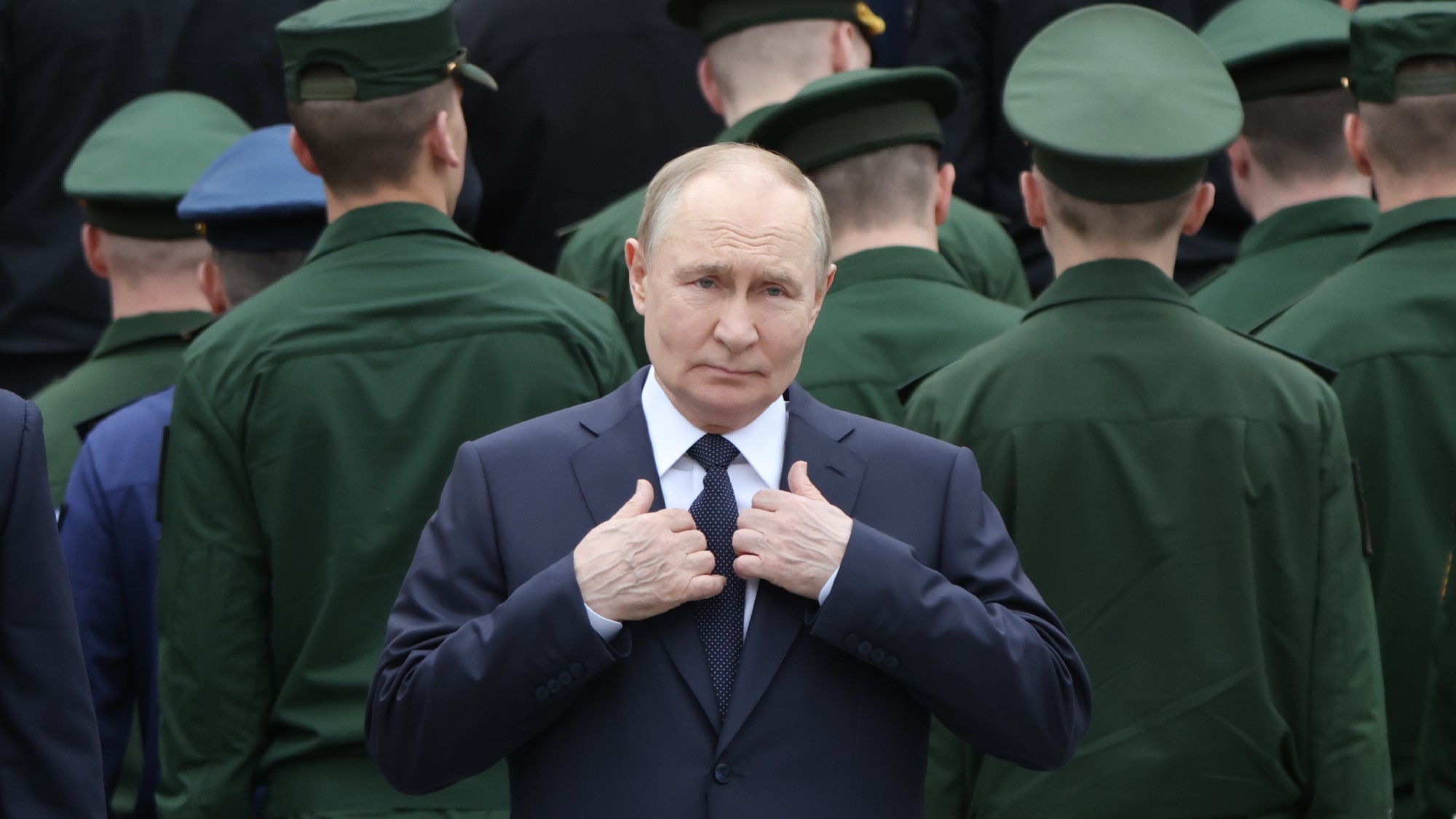 How far would Russia go for Iran?
How far would Russia go for Iran?Today's Big Question US air strikes represent an 'embarrassment, provocation and opportunity' all rolled into one for Vladimir Putin
-
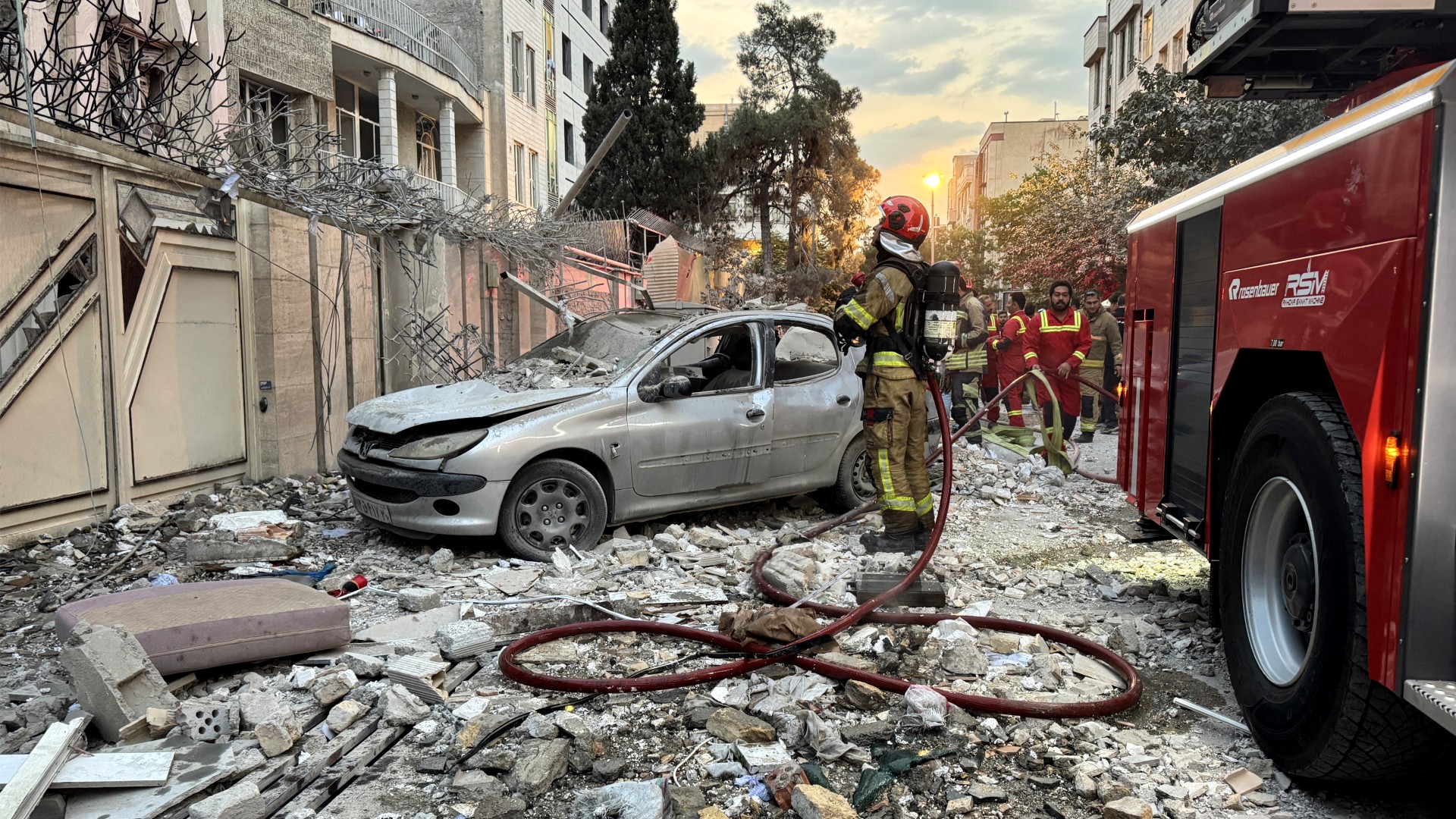 How the Israel-Iran conflict broke out
How the Israel-Iran conflict broke outThe Explainer Israel's strike on Iran's nuclear and missile programmes was years in the planning
-
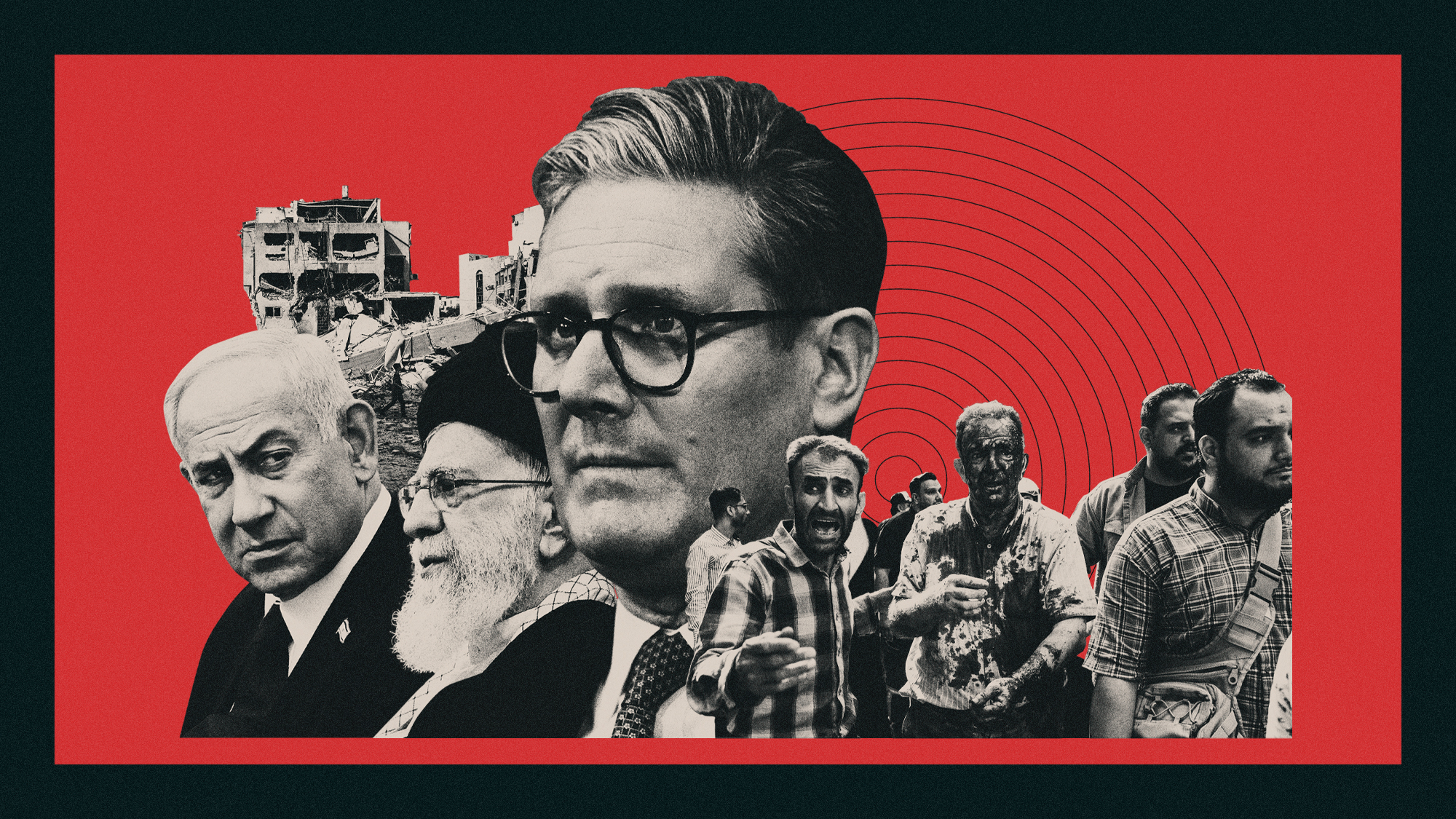 Will the UK get involved in the Israel-Iran conflict?
Will the UK get involved in the Israel-Iran conflict?Today's Big Question Keir Starmer is 'walking a tightrope' in helping Israel limit Tehran's nuclear capabilities without being seen to do so